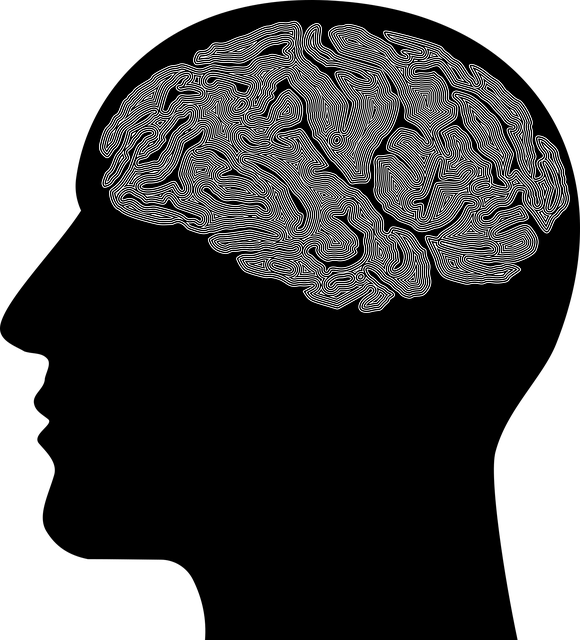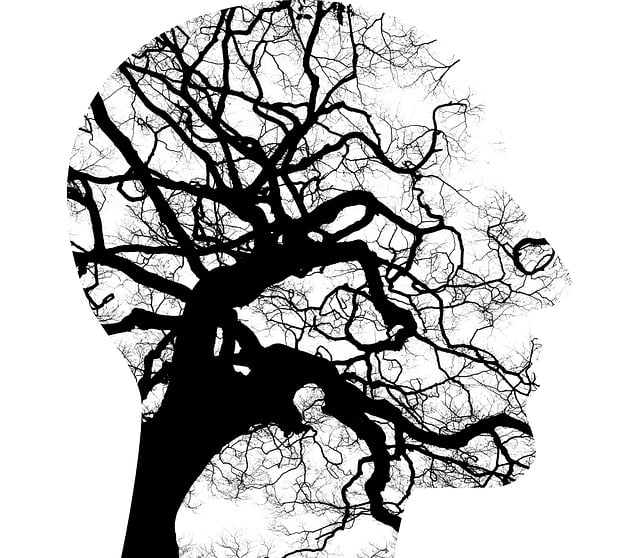Depression in Arvada often arises from a combination of genetic factors and life transitions like job loss or divorce, making Arvada Major Life Transitions Therapy a specialized approach. This therapy helps individuals cope, build resilience, and navigate challenges using evidence-based methods including conflict resolution and empathy building. Self-care practices such as exercise, meditation, and social support networks are vital for mental well-being, while community wellness programs like stress management workshops further reduce depression risk. Building strong social connections through therapy and engaging in wellness activities is crucial for preventing depression and maintaining overall mental health in Arvada.
Depression is a growing concern, especially during major life transitions. In this article, we explore effective prevention strategies for managing and mitigating this condition. From understanding the connection between depression and life shifts like moving or job changes (Arvada Major Life Transitions) to leveraging therapy as a powerful tool, we delve into practical solutions. Additionally, we highlight the significance of lifestyle adjustments, self-care practices, and building a robust support network for enhancing mental well-being.
- Understanding Depression and Its Connection to Major Life Transitions
- The Role of Therapy in Preventing and Managing Depression
- Lifestyle Changes and Self-Care Practices for Enhanced Mental Well-being
- Building a Support Network: Social Connections as a Protective Factor
Understanding Depression and Its Connection to Major Life Transitions

Depression often arises from a complex interplay between genetic predisposition and environmental factors, with a significant connection to major life transitions. These pivotal moments, such as losing a job, experiencing the death of a loved one, or going through a divorce, can trigger emotional turmoil. In Arvada, Major Life Transitions therapy is a specialized approach designed to help individuals navigate these challenges. This therapeutic method focuses on providing coping mechanisms and support during life’s curveballs, fostering resilience and promoting mental well-being.
Understanding the link between life transitions and depression is crucial. Many times, these transitions bring about significant changes in routines, social structures, or personal identities, leading to feelings of loss, uncertainty, and loneliness. Conflict resolution techniques, empathy building strategies, and even social skills training can be integral parts of therapy, empowering individuals to adapt and cope more effectively with life’s inevitable shifts.
The Role of Therapy in Preventing and Managing Depression

Depression prevention strategies often include a combination of self-care practices and professional support. One of the most effective tools in managing and preventing depression is therapy, which plays a pivotal role in addressing the underlying causes and symptoms. For individuals navigating major life transitions in Arvada, therapy can be a lifeline, offering a safe space to process emotions, gain insights, and develop coping mechanisms tailored to their unique experiences.
Arvada Major Life Transitions Therapy focuses on helping clients navigate challenging periods while fostering resilience. Through evidence-based approaches, therapists support individuals in understanding and managing their mental health, incorporating compassion cultivation practices and inner strength development. Mental Health Education Programs designed within this framework empower people with the knowledge and skills to recognize warning signs early, promoting proactive depression prevention. By combining therapy with personal growth strategies, individuals can build adaptive responses, enhancing overall well-being and resilience.
Lifestyle Changes and Self-Care Practices for Enhanced Mental Well-being

Making positive lifestyle changes and adopting self-care practices are essential strategies for enhancing mental well-being and preventing depression. Simple yet powerful steps like regular exercise, a balanced diet, and sufficient sleep can significantly impact mood regulation. Engaging in activities that promote relaxation and stress reduction, such as meditation or yoga, can also be beneficial. Additionally, connecting with others through social support networks fosters a sense of belonging and provides valuable emotional reinforcement.
For individuals navigating major life transitions, such as moving to Arvada or undergoing therapy for depression, incorporating self-care practices becomes even more crucial. Building routines that prioritize mental health can help manage stress and cultivate resilience. Self-esteem improvement through positive affirmations and setting achievable goals can boost overall well-being. Stress management workshops offered by organizations focused on community wellness provide valuable tools and techniques to cope with life’s challenges effectively, thereby reducing the risk of depression.
Building a Support Network: Social Connections as a Protective Factor

Building a strong support network is an integral part of depression prevention and overall mental wellness. Social connections act as a protective factor against depressive episodes, especially during challenging times. In Arvada or any major city, therapy sessions can facilitate the creation of such networks by providing a safe space to connect with others facing similar life transitions. Sharing experiences and emotions in a supportive environment fosters a sense of belonging and reduces feelings of isolation, which is a significant risk factor for depression.
Emotional Intelligence and Social Skills Training often play a pivotal role in enhancing these connections. The ability to understand and manage one’s own emotions, as well as empathize with others, strengthens interpersonal relationships. Regular participation in mental wellness-focused events, support groups, or even the production of a Mental Wellness Podcast Series can be powerful tools for building and maintaining this network. These platforms encourage open conversations about mental health, reduce stigma, and provide opportunities to form meaningful bonds that contribute to overall resilience against depression.
Depression prevention is a multifaceted approach, especially when considering the impact of major life transitions in Arvada. By understanding the connection between these changes and mental health, individuals can proactively manage their well-being. Incorporating therapy as a key strategy, alongside lifestyle adjustments and self-care, equips people with valuable tools to navigate challenging times. Furthermore, fostering a robust support network strengthens resilience against depression, emphasizing the power of social connections in promoting mental health and overall life satisfaction.














